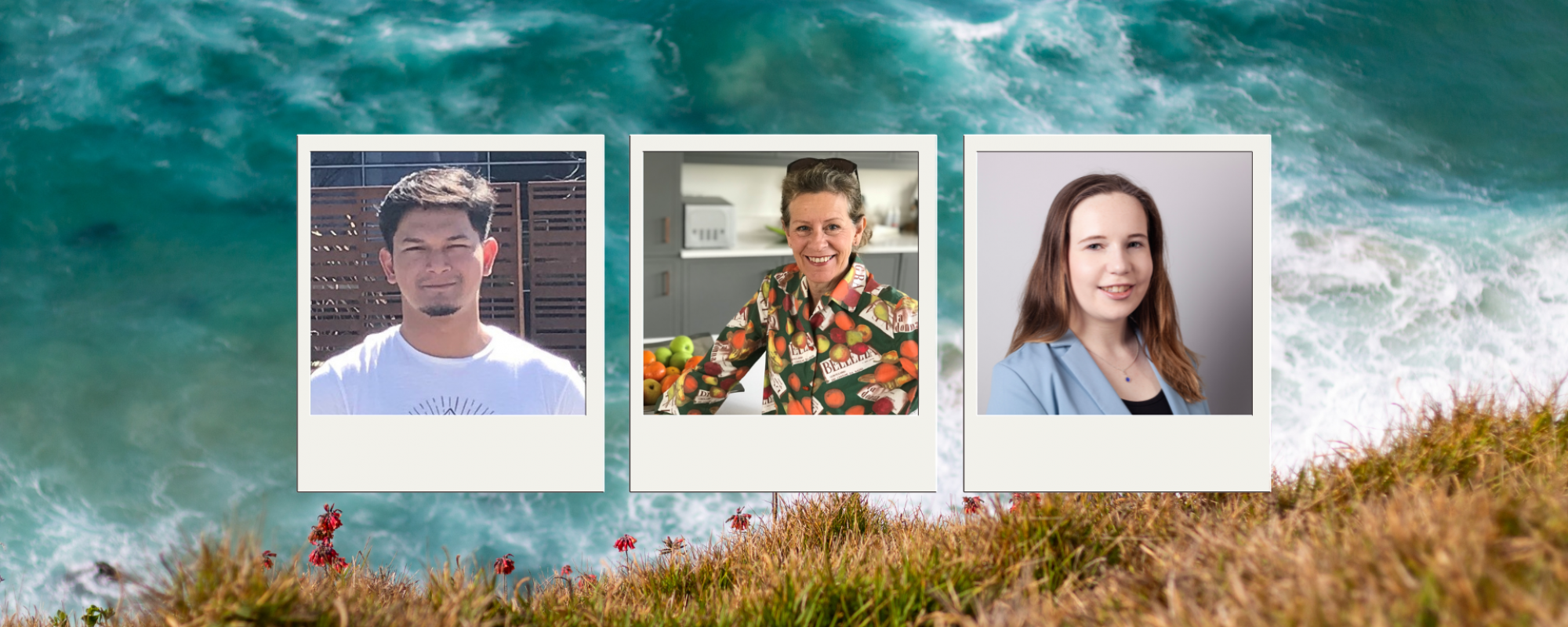Building a new start-up business is rarely easy, but it’s much more likely to go gangbusters if you have a strong, diverse team.
100 Ways in 100 Days™ is delighted to be supported by the University of Surrey. It’s helping with 100 Ways’ ongoing research and development; on sustainability and psychology, to ensure a truly powerful e-learning programme.
As part of that we’re updating the academic paper, Believability™, which sits at the core of the 100 Ways. It examines what we believe, why we believe things and how they can be harnessed for powerful communications.
So, drum roll, introducing our powerhouse PhD researchers, the wonderful Gilang Maulana Majid and Claire Gregory, MBPsS…
Gilang is ensuring our sustainability evidence base deployed in the 100 Ways programme is totally robust; no easy feat when findings in this arena develop and change fast. He identifies intelligence from credible experts and organisations around the world and – ensuring anything approaching greenwash is rooted out. All facts have to pass through the ‘Gilang filter’ before they can be used as the foundation of each 100 Ways bite-sized lesson.
Creative, fun and engaging, easily achievable ideas are then worked up. Based on the theory of marginal gains, they encourage habit changes that empower employees to live more sustainable lives, at work and at home. And where many people enact many small changes, significant impact can be made.
Gilang, who hails from Indonesia, is passionate about sustainability and technology. He’s presented his research around the world and worked as expert advisor in Indonesia to the German government’s Center for International Migration and Development programme. At Surrey’s School of Hospitality and Tourism Management he’s finding means of enabling artificial intelligence to deliver nudges that encourage tourists to apply sustainable tourism practices.
Claire is our psychology guru. Believability™ is the golden thread that runs through the 100 Ways programme and is key to its success in positive behaviour change. But what we do and don’t believe has changed monumentally over the last few years, so Claire is therefore even looking at the psychology of fake news and misinformation, how to help people spot it – and absorb truthful environmental messages.
Crucially, she’ll also be exploring new ways to measure behaviour change. The 100 Ways’ methodology and content will be informed by her findings.
Prior to Claire’s doctoral work at Surrey, where her PhD topic is the psychology of decision-making, she graduated from the School of Psychology and Neuroscience at St. Andrews, where she was ‘Class Representative of the Year’.
She was born and brought up in the United States, in Maryland.
Here are Gilang and Claire, pictured along with 100 Ways in 100 Days founder Sue Skeats.




